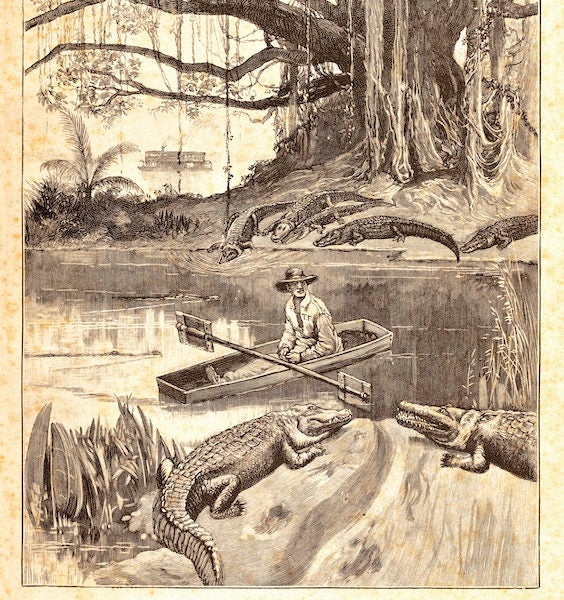
19th- century America was a bit of a free-for-all, so when the wealthy Moroccan Sephardic businessman Moses E. Levy saw an opportunity for land, he took it.
Levy, who was born in 1782 and made his money exporting lumber, bought 53,000 acres in North-Central Florida with the help of the Spanish government. His goal: to create a utopian homeland for persecuted Jews. Levy saw the burgeoning country as one hospitable to practicing Jews, and had the idea to offer free community schooling to Jewish settlers in math, science, literature, and agriculture.
And thus, in 1822, Micanopy, Florida, named for a Seminole chief, was born. Levy established the Pilgrimage Plantation, and recruited Jewish settlers using advertisements in papers as far north as New York. He even traveled to London to help raise funds, writing, while he was there, an abolitionist treatise.
Unfortunately, Levy’s refuge never took off. Few Jews helped colonize Micanopy and, thanks to the Second Seminole War, his plantation was destroyed. Levy’s efforts weren’t for naught, though—his son, David Levy Yulee, became the United States’s first Jewish senator.
Nothing of Micanopy’s Jewish heritage remains. At least we don’t think it does. The owner of the land where Levy’s plantation once stood has a nasty reputation of telling archaeologists to get off his lawn.
JTA has documented Jewish history in real-time for over a century. Keep our journalism strong by joining us in supporting independent, award-winning reporting.





